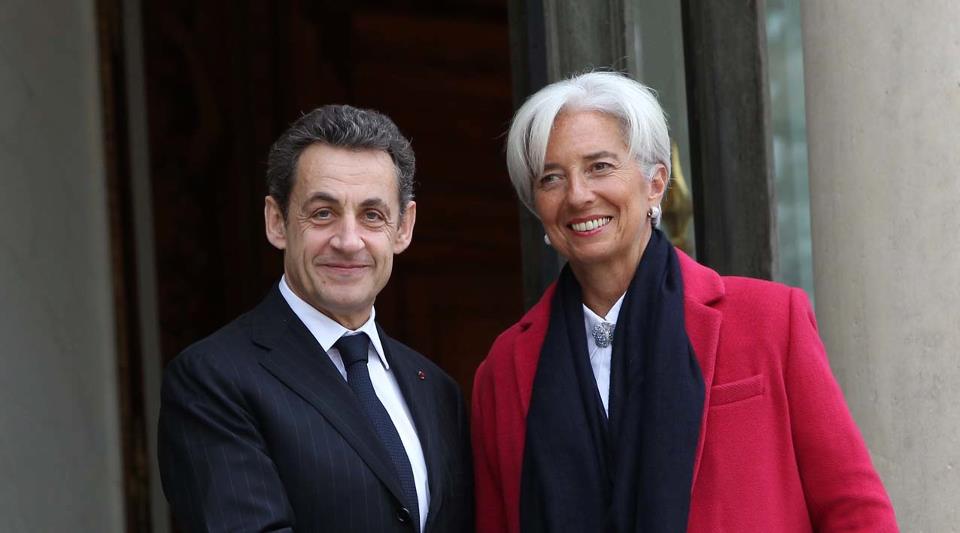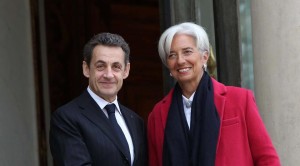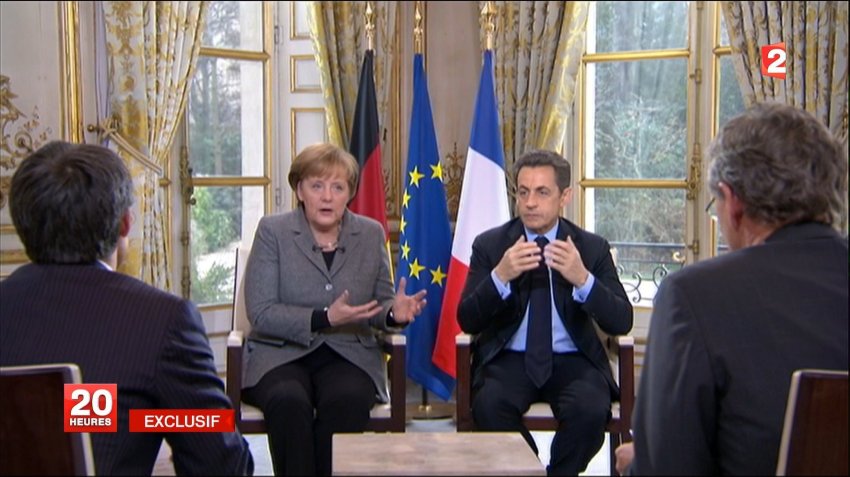With French flags waving (as shown above) to the tune of La Marseillaise at a campaign rally in Villepinte on Sunday, French President Nicolas Sarkozy threatened to pull France out of the Shengen zone, calling for a French defense to the “European way of life.”![]()
Don’t worry — you shouldn’t believe for a nanosecond that Sarkozy will ever take concrete steps to pull France out of the 25-member Schengen zone in a second term.
You should believe, however, that it’s the next logical step in a populist campaign to consolidate right-wing voters in advance of the first round of France’s presidential election. Recall that Sarkozy opened his reelection bid with a call for a referendum on immigration. Last week, he declared there were “too many foreigners” in France and called for the country to halve the number of immigrants permitted annually from 200,000 to 100,000.
The Schengen Agreement, signed in 1985 but which took effect in 1995, allows for free travel without internal border controls throughout the EU countries (except for Ireland and the United Kingdom), plus non-EU members Iceland, Norway and others. Even the sovereignty-conscious Swiss are members as of 2008.
It’s the agreement that allows outsiders to visit any number of European countries (again, except for Ireland and the U.K.), while going through passport control and customs just once — at the port of entry.
Taken together with the EU Directive on services in the internal market, promulgated in 2006 with implementation taking effect in 2009, which aims to create a single market for services throughout the EU, Schengen is also the agreement that nudges freer movement of workers across the European continent, subject to the labor regulations of each member state.
In any context, Schengen must be counted as the chief achievements of the entire European project.







